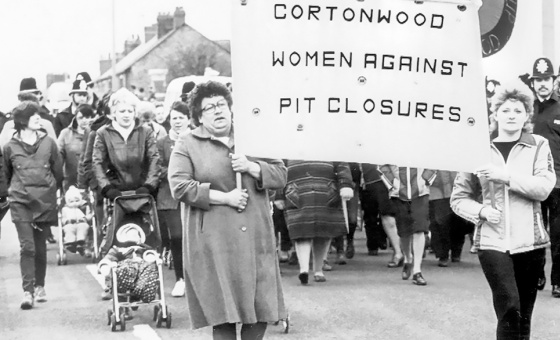This is the last article you can read this month
You can read more article this month
You can read more articles this month
Sorry your limit is up for this month
Reset on:
Please help support the Morning Star by subscribing here
TOMORROW morning campaigners from Disabled People Against Cuts (DPac) and Not Dead Yet UK will gather opposite Parliament to demonstrate against Rob Marris’s Assisted Dying Bill, which faces its second reading.
The Morning Star has already indicated its opposition to assisting suicide.
As disability rights umbrella group Reclaim Our Futures puts it: “It will remove equality and choice from disabled people and further contribute to our oppression.
“If the Assisted Dying Bill is passed, some disabled and terminally ill people’s lives will be ended without their consent, through mistakes, subtle pressure and abuse.”
Supporters of Marris’s Bill claim that it contains adequate safeguards to prevent this.
Those who will qualify for drugs which would kill them are required to have demonstrated a “voluntary, clear, settled and informed wish to end their life.”
Two doctors must sign off on any request for assisted suicide. They must check that the person has been “fully informed” of palliative and hospice care available.
But palliative and hospice care in this country is patchy and nursing homes are cripplingly expensive.
The revolution in social care our country is crying out for should be the priority for our MPs, not giving the ill the “option” of dying because the alternatives are underfunded and inadequate.
The doctors are not required to have any pre-existing relationship with the patient or their family, which means they will hardly be in a position to judge whether familial pressure is being applied.
The uncomfortable truth is that it often is. KPMG’s Fraud Barometer published last month reported an astonishing rise in cases of fraud being committed on family members.
“People are living longer, and we are seeing examples of people who are choosing to remove uncertainties about when or if they will get their inheritance by fraudulent means,” the authors found.
Nor is it the case that a doctor expressing doubts about the patient’s wishes can prevent assisted suicide going ahead — it will be possible to shop around for doctors who will sign.
In Belgium, where euthanasia is legal, some doctors have established reputations for being willing to approve cases others would not touch and are deliberately sought out for this purpose.
Doctors are not required to have patients assessed by a psychiatrist, which would assist in determining if a patient who expresses a wish to die has depression or another mental illness which might affect the decision.
Depression is extremely common among the seriously ill — as former British Medical Association president Baroness Hollins told the Commons last year: “Studies in terminally ill patients have clearly shown that depression is strongly associated with a desire for a hastened death.”
But she added: “When depression is detected and treated effectively, most — 98 per cent to 99 per cent — will subsequently change their minds.”
A Dutch court recently ordered the euthanising of dementia patient Cobi Luck, whose relatives said she wanted to die but whose carers disagreed, saying she was ordinarily happy and only spoke about suicide after her family had been visiting.
It was understandable that her family had brought the subject up, the court said, since many patients don’t feel able to ask for euthanasia unless the prospect is offered.
But this raises the spectre that relatives who wish to dispose of vulnerable relatives — whose care may be costing their savings or their inheritance — are empowered to talk them into it.
There are, unfortunately, far too many ways in which pressure can be exerted on the ill and disabled into making “choices” not wholly their own.
“At a time when essential support is being taken away, when the challenges we face are growing as a direct result of adverse government policy, it is more dangerous than ever to introduce legislation which encourages suicide as a solution to the barriers disabled people face,” Disabled People Against Cuts state.
They are right.








